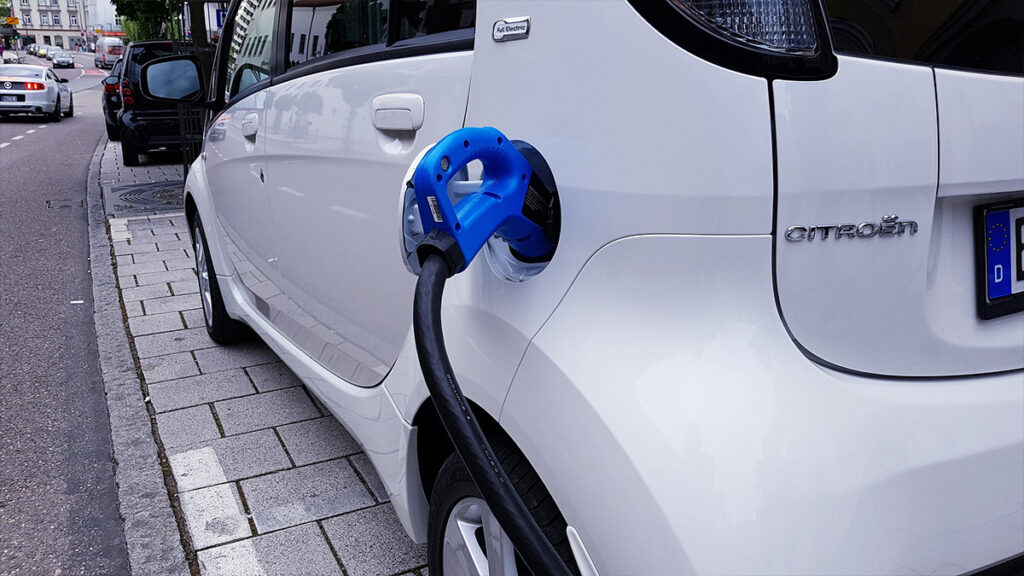As the automotive industry continues to evolve at a rapid pace, the integration of technology in car design and functionality has become more critical than ever. With rising fuel costs, increasing emissions, and a heightened awareness of environmental impact, consumers are demanding vehicles that perform optimally and contribute to a sustainable future. Tech enhancements, from advanced fuel management systems to cutting-edge aerodynamics, are pivotal in driving these improvements. This article will explore how technology is revolutionizing car efficiency and discuss why these advancements are crucial for the future of the automotive industry.
Availability of Genuine Parts and Accessories
The availability of genuine parts and accessories is vital for maintaining vehicle performance and efficiency. Using authentic components ensures that each part fits seamlessly and meets the manufacturer’s standards, which is crucial for long-term reliability. When customers require repairs or upgrades, choosing genuine parts helps avoid complications arising from counterfeit or subpar alternatives. Not only do these original components enhance vehicle safety, but they also contribute to maintaining the vehicle’s resale value over time.
Moreover, understanding the cost associated with maintenance is essential for consumers. The availability of detailed Volkswagen service price listings for different parts and services can help car owners budget for necessary maintenance and make informed decisions about their vehicle’s upkeep. Automotive manufacturers like Volkswagen have recognized the significance of transparent pricing and have made this information available to customers. This move has increased customer satisfaction and helped build trust and loyalty towards the brand.
Advanced Fuel Management Systems
Advanced fuel management systems are at the forefront of automotive technology, drastically improving vehicle efficiency. These systems utilize real-time data to monitor engine performance, allowing optimal fuel injection and combustion processes. By adjusting fuel flow based on various parameters—such as driving conditions and load—these systems can significantly enhance fuel economy, reducing emissions and cost savings for consumers.
Furthermore, integrating smart technology within fuel management systems has paved the way for innovations like hybrid and electric vehicles. These systems optimize conventional fuel use and seamlessly manage the transition between electric and fuel-powered modes in hybrids. As a result, they play an essential role in reducing the overall carbon footprint and pushing the automotive industry toward a more sustainable future.
Cutting-Edge Aerodynamics
Aerodynamic design is another crucial factor in improving car efficiency, and technology also plays a significant role in this area. Advanced wind tunnel testing, computational fluid dynamics, and other simulations have revolutionized car design, allowing for sleeker and more aerodynamically efficient shapes. This not only reduces drag but also improves handling and overall performance.
Moreover, integrating smart sensors and active aerodynamic systems allows real-time vehicle shape adjustments based on driving conditions. For example, some luxury vehicles now feature automatically adjustable spoilers that activate at high speeds to improve stability and fuel efficiency. These aerodynamic advancements are essential for meeting stringent emissions standards while providing consumers with more fuel-efficient options.
Hybrid and Electric Vehicles
The rise of hybrid and electric vehicles has been one of the most significant developments in the automotive industry. As technology continues to improve, these vehicles are becoming more accessible and affordable for consumers. With their advanced battery systems and regenerative braking, hybrid and electric cars offer significantly better fuel efficiency than traditional gas-powered vehicles.

Moreover, integrating smart technology in these vehicles allows for features like energy recuperation while driving, providing additional fuel savings. As the demand for environmentally friendly options increases, car manufacturers are investing heavily in research and development to enhance the efficiency and performance of hybrid and electric vehicles.
Smart Dashboard Technology
In addition to improving vehicle performance and efficiency, technology has also enhanced the driving experience for consumers. Smart dashboard technology integration has revolutionized how drivers interact with their vehicles. From real-time fuel consumption monitoring to predictive maintenance alerts, these systems provide users with valuable information that can help them improve their driving habits and optimize vehicle efficiency.
Moreover, some advanced dashboard systems now offer features like adaptive cruise control and lane-keeping assistance, making driving more comfortable and improving fuel economy by maintaining optimal speeds and minimizing unnecessary acceleration. As these technologies advance, they will be crucial in promoting safe and efficient driving practices.
Vehicle-to-Everything (V2X) Communication
The future of automotive technology focuses on V2X communication, enabling vehicles to interact with each other and surrounding infrastructure. This facilitates real-time data exchange, enhancing safety and efficiency on the road. For example, V2X technology can warn drivers about potential accidents or hazards ahead, giving them time to react and avoid collisions. It can also optimize traffic flow by coordinating vehicle speeds and reducing congestion.
V2X communication offers valuable insights into a vehicle’s health and performance for manufacturers. This data allows companies to create more efficient designs and accurately predict maintenance needs. This will enhance vehicle reliability and improve fuel economy in the long run. As this technology becomes more widespread, it will transform the automotive industry regarding safety, sustainability, and efficiency.
Lightweight Materials and Construction Techniques
Using lightweight materials and construction techniques has gained significant traction in recent years, driving improvements in vehicle efficiency. By reducing a car’s weight, manufacturers can enhance performance without sacrificing power or safety. Lightweight materials like carbon fiber, aluminum alloys, and composites are increasingly used in car design to decrease overall vehicle mass while maintaining structural integrity.
Moreover, advancements in construction techniques, such as additive manufacturing (3D printing), have allowed for greater precision and customization in vehicle production. This technology enables manufacturers to create complex designs with reduced material waste, contributing to more sustainable production processes. As lightweight materials and construction techniques continue to evolve, they will play an integral role in enhancing the efficiency of future vehicles.
The automotive industry is at a pivotal moment where innovation and sustainability are more intertwined than ever. As consumers advocate for eco-friendly practices and efficient vehicles, the demand for technological advancements remains strong. Improving car efficiency addresses climate change and urban congestion while shaping the future of mobility. By embracing new technologies and fostering innovation, the industry can create a sustainable and efficient automotive landscape that meets the needs of drivers and the planet for years to come.

